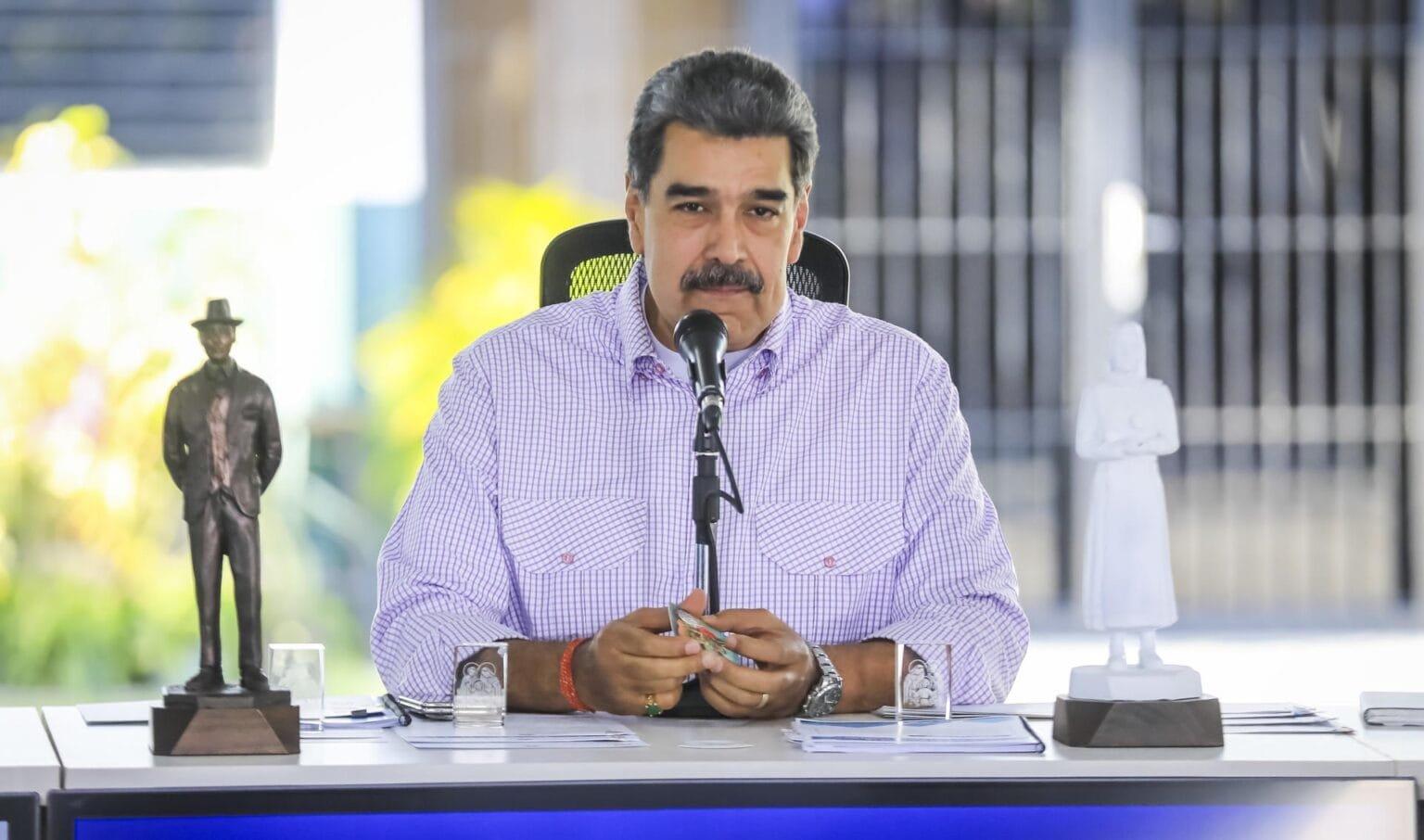CARACAS — Nicolás Maduro, the President of Venezuela, declared on Wednesday that his country is equipped with “no fewer than 5,000” Russian-made Igla-S man-portable surface-to-air missiles deployed in “key air-defense positions” across the nation, aimed at countering what he described as growing U.S. military threats in the Caribbean.
In a televised ceremony broadcast by state media, Maduro asserted that the missile systems—capable of engaging helicopters, low-flying aircraft and drones—are positioned “even in the last mountain, the last town, the last city” of Venezuela. He said the arsenal is intended to “guarantee peace, stability and tranquility” in response to deployment of U.S. warships, stealth aircraft and special operations in the region under the guise of anti-narcotics operations.
The announcement comes amid heightened tensions: the U.S. has expanded naval and air operations near Venezuelan waters, citing suppression of drug trafficking, while Caracas condemns the build-up as a possible preluding of regime-change efforts. Maduro’s remarks reflect alarm within his government at what it calls “aggressions” and “external interference.”
However, weapons-experts and independent analysts caution that although Venezuela has for years acknowledged large stocks of such missiles, the claim of 5,000 actively deployed Igla-S systems with full operational readiness is not independently verified and may serve more as strategic messaging than an indication of immediate capability.
As Caracas broadcasts its deterrence posture, the situation raises concerns in the region: increased rhetoric risks miscalculation, especially near busy air or sea corridors in the Caribbean. Whether the U.S. will adjust its regional operations in response remains uncertain, but the Venezuelan declaration signals a sharper escalation in the largely diplomatic-military standoff between Washington and Caracas.





